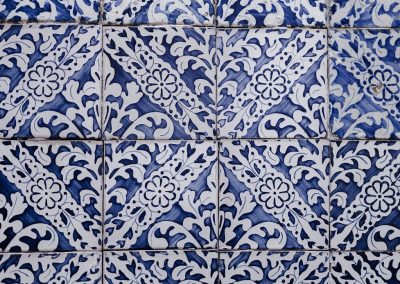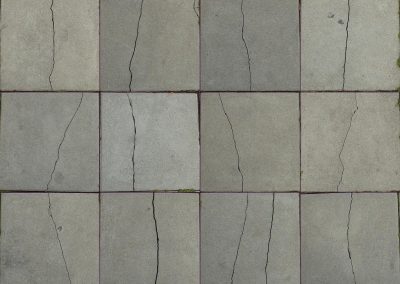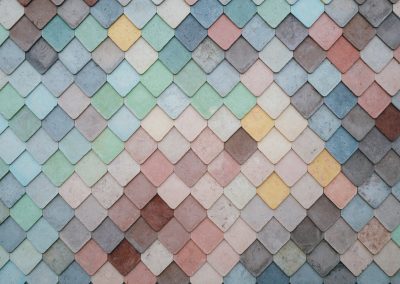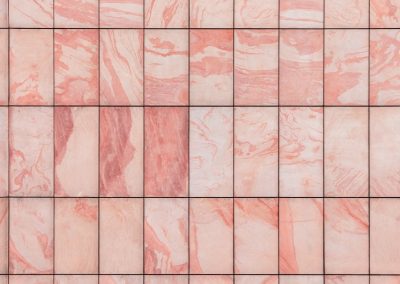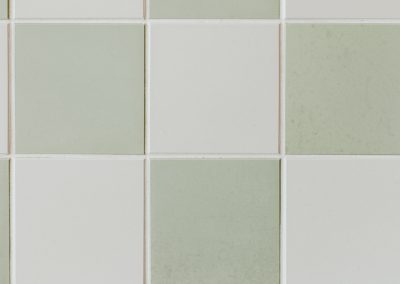Tile
Seattle | Bellevue | Redmond | Kirkland | Lynnwood | Everett | Edmonds | Bothell | Mill Creek | North King County | South Snohomish County FREE In-Home EstimateTILE FLOORING FOR REDMOND, SEATTLE, LYNNWOOD, BOTHELL, MILL CREEK AND EDMONDS
Tile flooring is comprised of many different types of materials such as clay, ceramic, stone, metal, terrazzo, vinyl and quartz. Each type of tile flooring has its own defining characteristics. Generally speaking, the two most commonly used types of tile flooring are ceramic and natural stone. Of these two choices, there are a number of options.
What type of ceramic tile should I buy?
Ceramic tile is a popular choice because it is easy to maintain, durable and reasonably priced. Made of clay, ceramic tile can come in a variety of colors and finishes and can even mimic the look of natural stone. Porcelain and non-porcelain ceramic tile can be either unglazed or glazed. Glazed tile has a matte, semi-gloss, or high gloss finish applied to the surface during the manufacturing process. Glazed tiles have increased stain resistance, scratch resistance, and traction, as well as decreased water absorption, in comparison to an unglazed tile.
Non-porcelain, ceramic tile is among the most economical types of tile flooring. Porcelain ceramic flooring is more expensive than non-porcelain and can be harder to work with. However, it offers greater durability, natural stain resistance, minimal water absorption, and even color throughout. Many types of tile are manufactured in a similar fashion to ceramic tile, but they are less common. These include brick, cement, glass, encaustic, saltillo, and terra cotta tile. The varying materials and manufacturing processes create distinctive product characteristics.
What are my choices for natural stone flooring tile?
There are several options for tile that are produced from natural materials. These materials are quarried, slabbed, finished, and cut to size. Common types of stone used as flooring tile include granite, marble, limestone (including travertine), and slate. Among these types of natural stone are thousands of variations with characteristics that depend on where and when the stone was quarried.
Granite is a type of igneous rock that is very dense and hard. Its distinctive appearance is due to speckled minerals found within the rock, it’s unique veining, and the thousands of available colors. Granite is nearly impervious and, once it is polished, resists scratching. It is an excellent choice for flooring in kitchens and high-traffic areas.
Marble is a type of metamorphic rock that has rich veining and is available in a variety of colors. Marble is more porous than granite and is not recommended for kitchen flooring unless honed and then sealed on a regular basis. Limestone is a type of sedimentary rock that offers an earthy appearance in both light and dark shades. The surface can be textured or polished smooth. Limestone is less dense than granite and marble. It can be easily stained and is also prone to scratching. It is not recommended for kitchen or high-traffic flooring applications.
Travertine is a type of limestone that offers an unusual crystallized appearance with an earthy tone. Travertine is a soft, porous stone with a natural surface that has pitting or divots. A honed or polished surface can be achieved after filling the surface voids. Travertine is not recommended for kitchen floors, as it can be easily scratched and stained. Special care and surface sealing is required to maintain travertine.
Slate is a type of metamorphic rock that is extremely dense and very durable. Slate is available in darker earthy tones. The surface of slate is naturally textured unless a smooth, honed finish is achieved. Slate is an excellent choice for kitchen and high-traffic area flooring.

